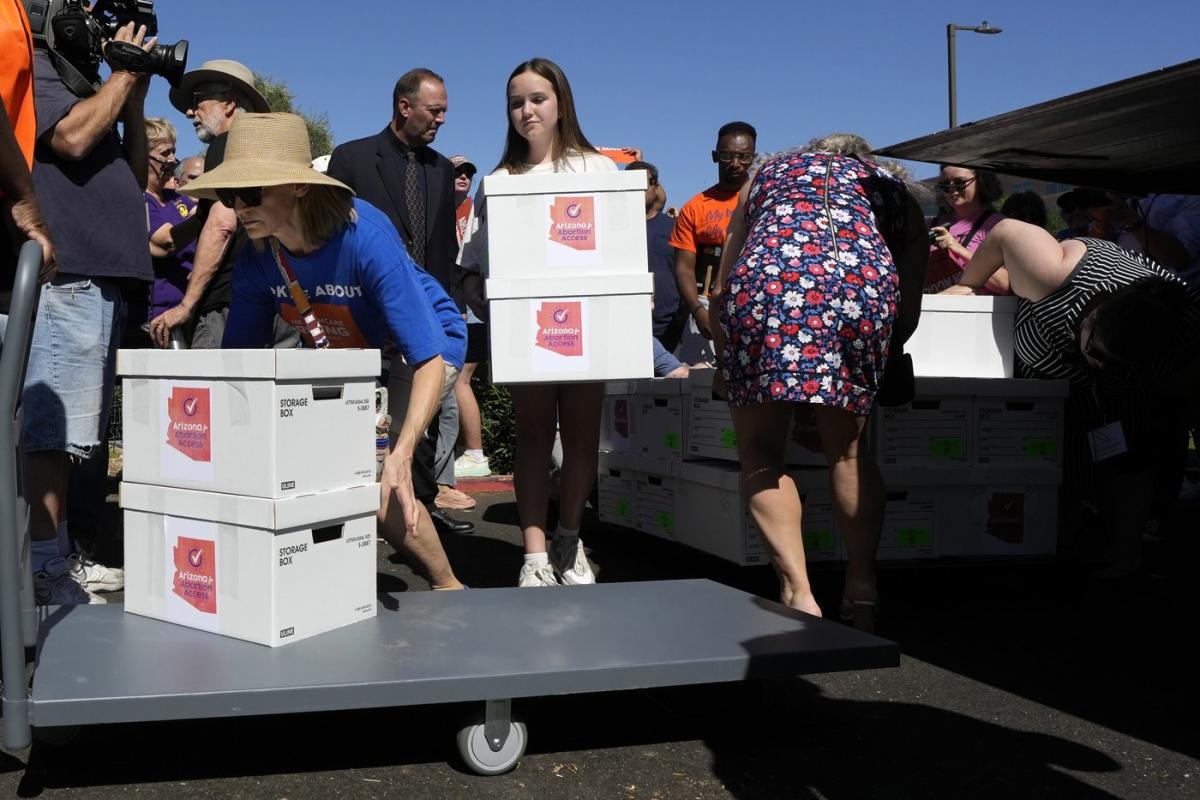Fashion
SNP loses Rutherglen and Hamilton West seat in ‘spectacular fashion’

Scottish Labour’s Michael Shanks has won the Rutherglen and Hamilton West by-election. Mr Shanks defeated the SNP’s Katy Loudon by 17,845 votes to 8,399 – a majority of 9,446 and a 20.36% swing from SNP to Scottish Labour.
By Professor Michael Thrasher, election analyst
In spectacular fashion, the SNP suffered its first defeat in a Westminster parliamentary by-election.
A 20.4 point swing to Labour in Rutherglen and Hamilton West should send shockwaves throughout the party.
This was much worse than had been expected from recent Scottish-wide polling, which suggested a swing of half this size.
The SNP will point to the low turnout of 37.19% and the difficulties faced in motivating their supporters. This is a fair point.
Normally, in the pressure cooker situation of campaigning for a marginal seat as this was, it is clear to local electors that there is a great deal at stake and turnout is affected accordingly.
That didn’t happen for the SNP, however, and suggests a wider malaise.
It is worth noting that this is the second lowest turnout since the war for a by-election where the seat changed hands, with only the 2003 contest in Brent East being lower.
By contrast, there is clear evidence that Labour not only successfully squeezed votes from both the Conservatives and Liberal Democrats, but also some former SNP voters too.
The impressive showing by Michael Shanks, Scottish Labour’s newest MP, provides his national party with a huge boost in morale.
Ironically, Labour’s previous by-election gain in Scotland also came in Rutherglen – 59 years ago in May 1964, just months before the party would go on to win a general election under Harold Wilson.
It is the scale of this victory that gives Labour a real sense of belief as we approach a likely general election date next year.
Read more:
Sir Keir Starmer hails ‘seismic’ win for Labour in Rutherglen and Hamilton West
Why the Tories, not the SNP, could be the biggest losers from the Rutherglen by-election
History shows that Labour needs a strong presence in Scotland to help drive electoral success.
The landslide win in 1945 saw MPs elected in Scotland account for just under 10% of Labour’s parliamentary strength.
The two other landslides, Wilson’s in 1966 and Tony Blair’s in 1997, saw more than one in eight Labour MPs returned for Scottish constituencies.
Without a similar input from Scotland next time around, Sir Keir Starmer’s challenge to drag his party back from its woeful performance at the 2019 general election is made all but impossible.
Applying the change in vote shares seen in this by-election across Scotland as a whole would see Labour make a gain of 41 seats and the SNP reduced from 48 to just six seats.
No one should seriously suggest this is a likely outcome; by-elections swings, seen elsewhere this parliament, dwarf those witnessed at general elections. But likely Labour single-figure gains in Scotland could now be replaced with a much more ambitious target of 15-20 gains.
More broadly, this result has exposed SNP vulnerability which Labour, once the dominant force in Scottish politics, is best placed to exploit.
How the SNP leadership and its wider organisation react to this setback will have an important bearing on the future shape of Scottish politics.
Conservative and Liberal Democrat supporters in Scotland, keen to break the stranglehold the SNP exercises in both Westminster and Holyrood representation, may now be more inclined to think about tactical voting having seen the effects in this by-election.
Some current SNP supporters, believing a second referendum on independence is a long way from being a reality, may return to Labour as the best hope for replacing a Conservative government.
In two weeks’ time Labour faces the twin challenges of by-elections in Mid Bedfordshire and Tamworth.
The Conservatives are defending large majorities in each of these but Labour has momentum and could give further belief to its supporters that it has a realistic chance of an election victory in 2024.





